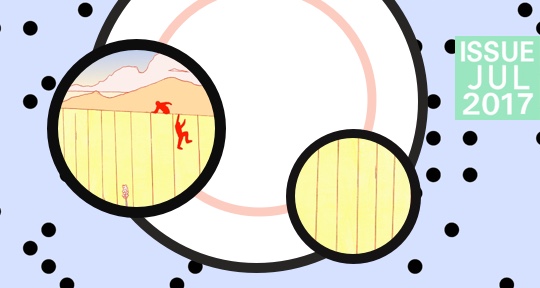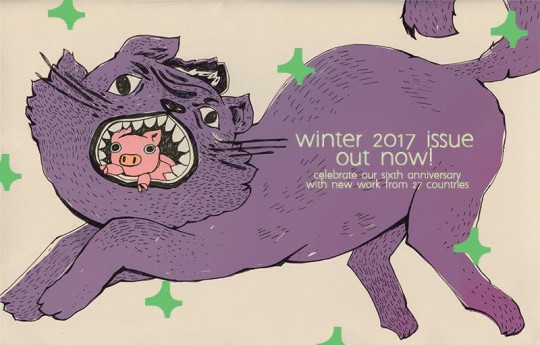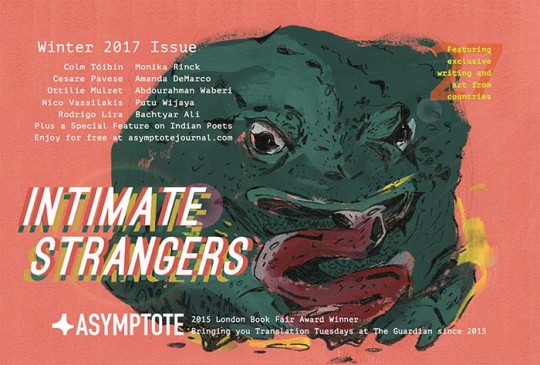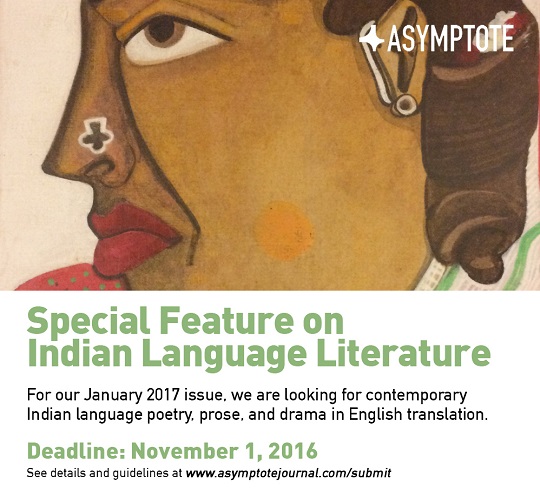This week, allow our editors-at-large to take you around the world to find out about the most exciting literary news. From Hong Kong, the highly anticipated 21st Hong Kong International Literary Festival has announced its first slate of writers. New lyric dispatches allow us to hear from a variety of voices from Palestine. Finally, fellowships and festivals from India are worth your attention. Read on to learn more!
Jacqueline Leung, Editor-at-Large, reporting from Hong Kong:
After a two-year-long hiatus with its main website, Cha, Hong Kong’s popular English literary journal, is open for submissions again from July for their Auditory Cortex 2021 special feature. Co-edited by Lian-Hee Wee and Tammy Lai-Ming Ho, the issue accepts poetry written in various Englishes, acknowledging the diversity of the language across multiple territories. The auditory cortex is the first point in the brain reacting to sound, and as such the publication is looking to document the acoustics of lesser known varieties through a series of recordings accompanying the texts. Cha is also calling for abstracts for the Backreading Hong Kong’s 2021 academic symposium, “Translating Hong Kong,” with Hong Kong Baptist University and The University of Toronto Scarborough this December. In addition to new insights into translation practice, the symposium hopes to explore the cultural and linguistic implications of interpreting works about Hong Kong, whether translation reiterates the colonial dominance of English and how it feeds into the city’s culture.
Back for its 21st year, the Hong Kong International Literary Festival just announced its initial line-up of writers and speakers. Held between November 5 to 15, this year’s festival is entitled the Rebound Edition and will focus on themes of resilience, recovery, and mental health. It has so far confirmed the appearance of Amor Towles, Paula Hawkins, Damon Galgut, and Mary Jean Chan, as well as local emerging writers Alice Chan, Virginia Ng, and Angus Lee, with more details to be announced in late September.
Beyond the page—and my usual reportage of Chinese-English translation happenings—Asia Society Hong Kong Center is hosting a series of six screenings and talks of Korean films with English subtitles between now and December. Titled “Beyond K-pop: Korean Families in Films,” the program features new and classic hits including Bong Joon-ho’s Parasite (2019), Ode to My Father (2014), and Minari (2021) which won the BAFTA Award for Best Film Not in the English Language. The films offer portrayals of Korean families in different eras and social contexts, addressing issues of historical strife, separation, and immigration. READ MORE…








